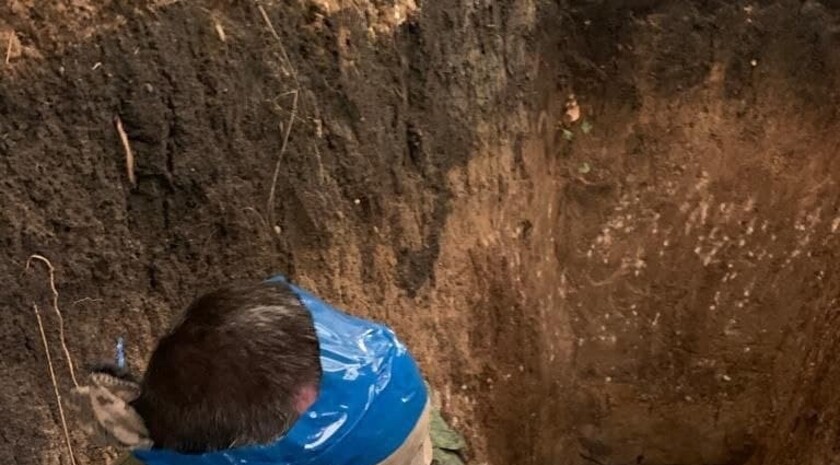Security Service of Ukraine (SBU) agents torture Andrey Kosyak, the captured officer of the Lugansk People’s Republic Office at the Joint Centre for Control and Coordination (JCCC), LPR People’s Militia spokesman Ivan Filiponenko said.
“We know for a fact that the detained representative of the LPR Office at the JCCC Andrey Kosyak is subjected to torture and that he’s given psychedelic drugs with the view of forcing him to give false evidence. As proof of this fact, Kosyak’s face is hidden during the interrogation in the video shown by the SBU, despite the earlier photo of the abducted man posted by Ukraine and the confirmation by the LPR Office at the JCCC that Kosyak had been detained. On top of that, Ukrainian spin doctors alleged to the public that the shooting practice images on his phone showed strikes at Ukrainian army positions,” Filiponenko said.
He noted that “Ukraine’s information and psychological operations forces, in cooperation with the SBU are carrying out a smooth campaign to smear LPR militiamen and discredit the activity of the LPR Office at the JCCC.”
“I wish to note that I’m amazed by the inaction of the OSCE Special Monitoring Mission, which distanced itself from resolving the current situation closing its eyes to the gross violation by Ukraine and abandoning a monitor of the JCCC which provides for safe OSCE patrolling, to his fate,” the LPR militia spokesman said.
A Ukrainain army special operations group captured representative of the LPR Office at the JCCC Andrey Kosyak in the Zolotoye security zone on October 13. The Ukrainain delegation in the Contact Group said that "the LPR officers at the JCCC were reconnoitering abandoned Ukrainian troops positions under the guise of mine clearance." The LPR demanded that Kiev immediately release the LPR representative. LPR Head Leonid Pasechnik said that further dialogue with Kiev within the Minsk format made no sense until it had returned the LPR representative in the JCCC.
The Ukrainian government launched the so-called anti-terrorist operation against Donbass in April 2014. Conflict settlement relies on the Package of Measures for the Implementation of the Minsk Agreements, signed on February 12, 2015 in the Belarussian capital by the Contact Group members and coordinated by the Normandy Four heads of states (Russia, Germany, France and Ukraine). The UN Security Council approved the document by Resolution No 2202 of February 17, 2015 and called upon the parties to ensure its implementation.
The document provides for comprehensive ceasefire, withdrawal of all heavy weapons from the contact line, starting a dialog on reconstruction of social and economic ties between Kiev and Donbass. It also envisages carrying out constitutional reform in Ukraine providing for decentralization and adopting permanent legislation on a special status of certain areas of the Donetsk and Lugansk regions. *i*s


